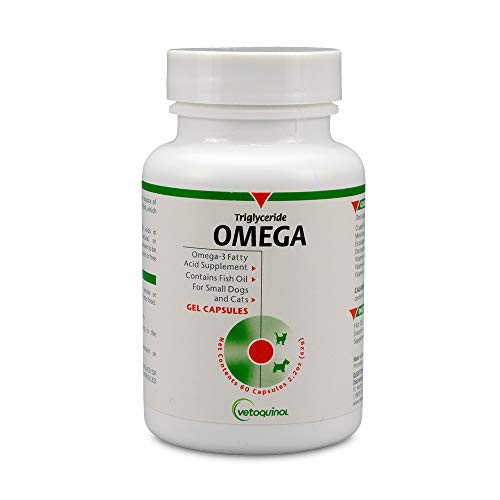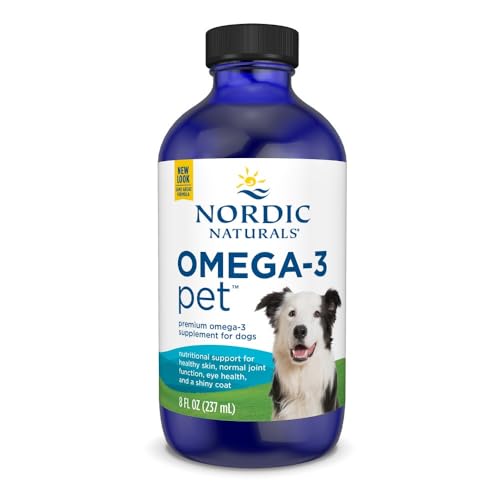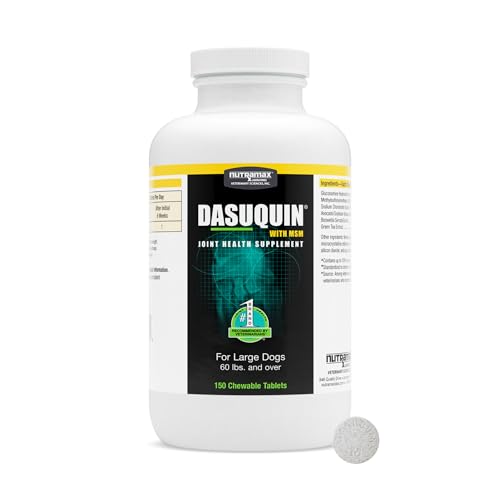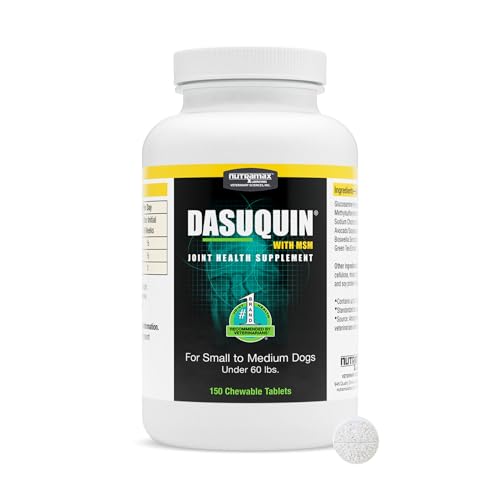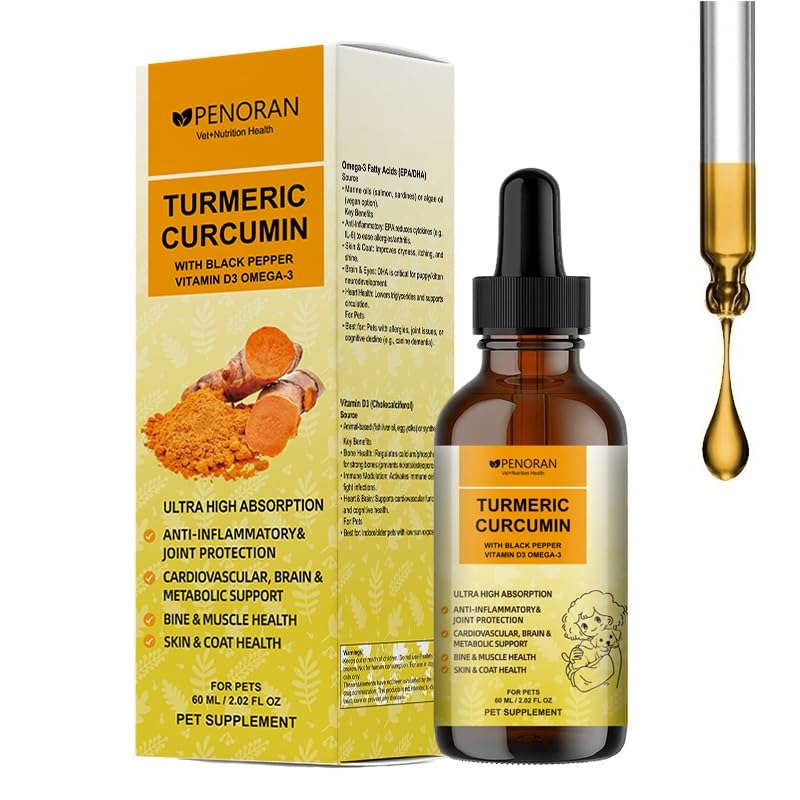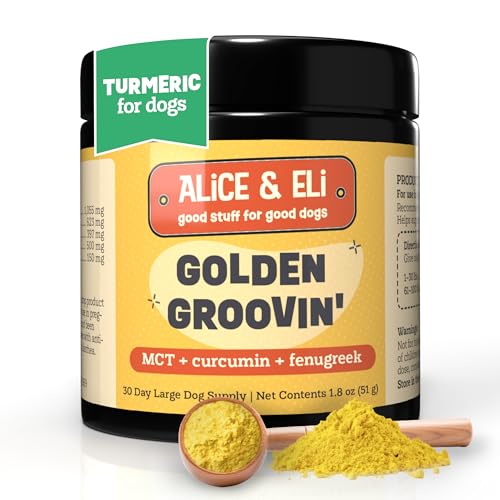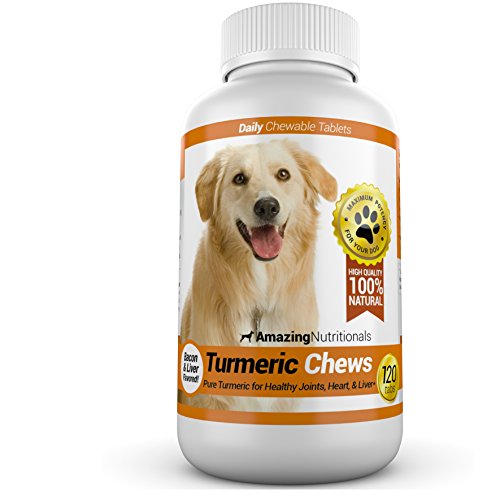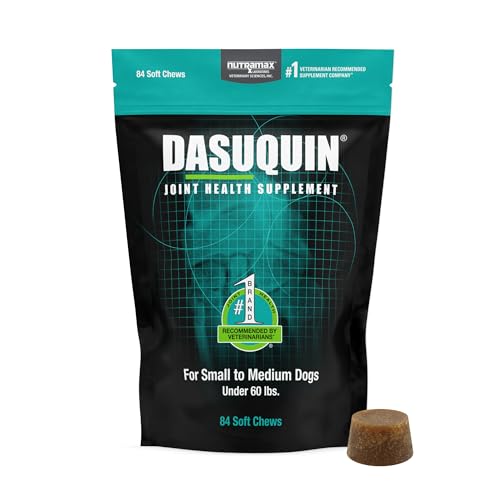
Understanding Joint Health in Dogs
Maintaining joint health in dogs is vital for their overall well being and quality of life. Healthy joints enable dogs to engage in activities they enjoy, such as running, playing, and interacting with their owners. Unfortunately, many dogs suffer from joint issues that can significantly impact their mobility and comfort. Two common conditions that affect dogs are arthritis and hip dysplasia. Arthritis is characterized by inflammation of the joints, often leading to pain and stiffness, while hip dysplasia involves a malformation of the hip joint, causing arthritis and discomfort over time.
Pet owners should watch for signs indicating potential joint problems in their dogs, including limping, reluctance to participate in physical activities, or difficulty in rising from a lying position. Weight bearing on affected joints may be met with unusual behavior, such as whining or yelping. Additionally, older dogs are more likely to exhibit these issues, but younger dogs with specific breed predispositions, such as Labrador Retrievers and German Shepherds, may also be at risk.
Several factors contribute to the development of joint problems in dogs. These include age, as joint health naturally declines with maturity, along with weight, which adds additional stress on the joints. Active dogs may also experience wear and tear on their joints compared to less active counterparts. Hence, there is a growing acknowledgment of the role that proper nutrition and supplements play in maintaining joint health. Nutritional support, particularly glucosamine and omega-3 fatty acids, can help reduce inflammation, support cartilage health, and promote mobility in dogs of all ages.
Key Supplements for Joint Support
Glucosamine and Chondroitin are among the most widely used supplements. These compounds work synergistically to improve cartilage health and enhance joint lubrication. Glucosamine, an amino sugar, helps rebuild cartilage, while Chondroitin sulfate helps prevent its degradation. Typical dosages range from 500 to 1500 mg of Glucosamine and 400 to 1200 mg of Chondroitin per day, depending on the dog’s size. Though well-tolerated, some dogs may experience mild gastrointestinal upset.
Omega-3 fatty acids, commonly found in fish oil. These essential fatty acids exhibit anti inflammatory properties that can alleviate joint pain and stiffness. Omega-3s work by reducing the production of inflammatory compounds in the body. A dosage of approximately 1000 mg per 10 pounds of body weight daily is often recommended. It’s important, however, to consult with a veterinarian for proper dosing and quality product selection.
Methylsulfonylmethane (MSM) is also recognized for its joint supportive qualities. This natural compound may assist in reducing pain and enhancing mobility by mitigating inflammation. Standard daily dosages range from 50 to 100 mg per pound of body weight. While generally safe, some dogs may experience digestive issues or allergies.
Turmeric, particularly its active compound curcumin, is praised for its potent anti inflammatory effects. It can be administered in powder form or as an extract, with dosages around 15 mg per pound of body weight recommended. While beneficial for joint support, it’s vital to combine it with black pepper to enhance absorption. Though beneficial, consulting with a veterinarian before introducing these supplements is essential to ensure safety and efficacy for individual dogs.
Supplements with all of the above for Joint Support
Choosing the Right Supplement for Your Dog
Selecting the appropriate joint supplement for your dog requires careful consideration of several factors. First and foremost, a pet owner’s focus should be on their dog’s age, size, and weight, as these characteristics can significantly influence the joint health needs of their pet. For instance, larger breed dogs may require different dosages or types of supplements compared to smaller breeds, as their joints endure greater stress over time. Additionally, young dogs may benefit from preventative measures, while older dogs often need more intense support. Observing your dog’s specific joint health challenges, such as stiffness or inflammation, will also provide insights into which supplements may be most beneficial.
When examining different supplements, pet owners should consider the forms available on the market, which predominantly include pills, powders, and treats. Some dogs may be more receptive to one form over another, which can affect adherence to the supplement regimen. It is also important to scrutinize the product labels thoroughly. Understanding the ingredients and assessing quality can significantly impact effectiveness. Look for reputable brands that provide transparency regarding their formulations. Products containing glucosamine, chondroitin, and omega-3 fatty acids are commonly recognized for their beneficial properties in promoting joint health, making them beneficial options in the selection process. By taking these factors into account, pet owners can effectively choose a supplement that supports their dog’s joint health appropriately.
Integrating Supplements into Your Dog’s Diet
Incorporating joint health supplements into your dog’s diet can greatly enhance their overall well being, especially as they age. To ensure a smooth transition, it’s crucial to adopt practical methods for administering these supplements. One effective approach is to mix the supplements into your dog’s regular meals. By combining them with their favorite foods, you can mask any unpleasant taste and promote acceptance. Be sure to choose palatable options, such as wet food or broth, which can help conceal the flavor of the supplement, making it more appealing to your pet.
Another strategy involves using treats or pill pockets designed for medication administration. These products allow you to encapsulate the supplement in a tasty morsel that your dog will enjoy. It’s advisable to consider the dosage and frequency of the supplements, ensuring that you follow the guidelines provided by your veterinarian. This will help you maintain consistency in your dog’s supplementation routine, thus maximizing its benefits.
Consistency is key in observing any positive changes in your dog’s joint health. Weight management, balanced nutrition, and regular exercise should accompany the use of joint health supplements. A healthy diet rich in omega-3 fatty acids may further reduce inflammation and support joint function. Moreover, maintaining an active lifestyle not only aids in physical health but also encourages mobility, which is essential for dogs experiencing joint issues.
When introducing any new supplement, it’s crucial to monitor your dog’s response and consult your veterinarian if you have any concerns. By successfully integrating joint health supplements into your dog’s daily routine, combined with a balanced diet and regular physical activity, you can significantly contribute to their joint health and overall quality of life.







